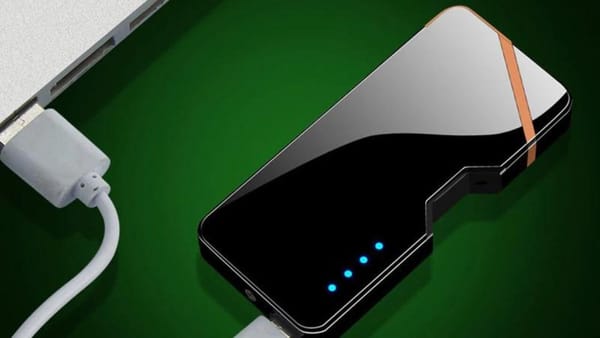Maintaining a small air conditioner for a grow tent is important to ensure optimal performance, longevity, and ensure a successful growing season. Here are some maintenance steps to keep in mind:
Clean or replace the air filter regularly
A dirty air filter can restrict airflow, reduce cooling efficiency, and strain the AC unit. According to Service Experts Heating, Air Conditioning & Plumbing, one of the most common problems with an air conditioner is a dirty air filter. Clean or replace flat filters at least once a month and pleated filters should be changed every three months, or as recommended by the manufacturer.
There are several signs that can indicate a dirty air filter in your small AC unit for your grow tent. Here are some things to look out for:
- Reduced airflow: A dirty air filter can restrict the flow of air into your AC unit, reducing its cooling capacity and causing it to work harder than necessary.
- Increased energy bills: When your AC unit is working harder due to a dirty air filter, it will consume more energy than usual, resulting in higher electricity bills.
- Visible dirt or debris: If you notice visible dirt or debris on the surface of your air filter, it's a clear sign that it needs cleaning or replacement.
- Unpleasant odors: A dirty air filter can result in unpleasant odors from mold or bacteria growth inside the AC unit.
- Frozen evaporator coil: A dirty air filter can also cause the evaporator coil to freeze due to reduced airflow, preventing cold air from circulating properly.
Inspect and clean the evaporator coil
Over time, dirt and debris can accumulate on the evaporator coil, reducing its effectiveness. Inspect it periodically and clean it with a soft brush or compressed air if necessary.
Check for leaks
Leaks in your AC system can cause refrigerant loss and reduce cooling capacity. Inspect your unit for leaks regularly. Here are some things to look out for:
Hissing sound: If you hear a hissing sound coming from your AC unit, it could be a sign of refrigerant leak. Refrigerant leaks can cause the pressure in the system to drop, which can produce this noise.
Reduced cooling capacity: A refrigerant leak can also reduce the cooling capacity of your AC unit, making it less effective at keeping your grow tent environment cool.
Ice buildup: If you notice ice buildup on the evaporator coil or refrigerant lines, it may be due to a refrigerant leak. This is because low refrigerant levels can cause the evaporator coil to become too cold and freeze up.
Higher energy bills: When an AC unit has a refrigerant leak, it will need to work harder to achieve the desired temperature, resulting in increased energy consumption and higher electricity bills.
Moisture around the unit: If you notice moisture or water pooling around your AC unit, it could also be a sign of a refrigerant leak.
Clean the condenser coils
Dust, dirt, and other debris can accumulate on the condenser coils over time, reducing their ability to dissipate heat. Use a soft brush or compressed air to clean them periodically.
Monitor temperature and humidity levels
Keep an eye on temperature and humidity levels in your grow tent using a thermometer/hygrometer combo device. Adjust your AC settings accordingly to maintain optimal conditions for your plants.
Lubricate moving parts
Moving parts such as fan motors or bearings may require lubrication from time to time depending on usage frequency. Look for these signs:
Squeaking or grinding noises: If you hear squeaking or grinding noises coming from your AC unit, it could be due to a lack of lubrication in the motor bearings or other moving parts.
Reduced airflow: A lack of lubrication can cause the internal components of an AC unit to work harder than necessary, which may result in reduced airflow and less efficient cooling.
Vibration: If you notice excessive vibration coming from your AC unit, it could be due to a lack of lubrication causing friction between moving parts.
Overheating: When an AC unit lacks proper lubrication, it can cause components such as motors and fans to overheat, which can lead to further damage if left unchecked.
Increased energy bills: If your AC unit is working harder than necessary due to a lack of lubrication, it will consume more energy than usual, resulting in higher electricity bills.
Schedule professional maintenance
Consider scheduling professional maintenance at least once yearly to ensure that your AC unit runs efficiently and safely.
By following these maintenance steps, you can help ensure that your small AC unit remains functional for years to come while providing optimal cooling performance for your grow tent environment. Now that you are armed with your maintenance knowledge it's time to get an AC for your grow tent. Tap the button below to reach our article about small ACs for grow tents.
Thanks for reading, and stay cool!







